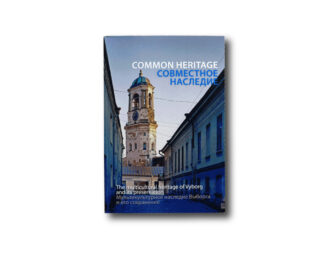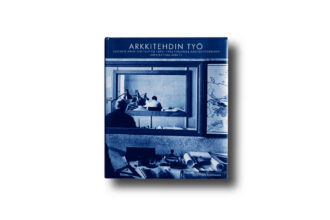Eesti funktsionalism / Functionalism in Estonia, Reisijuht / Guidebook (DOCOMOMO-Eesti, 1998) by Mart Kalm catalogues the highlights of 1930s Estonian architecture.
The functionalist architecture of the 1930s plays a significant part in Estonian history. it was the first time that Estonians had erected modern buildings (houses, schools, etc.) on a large scale and these buildings attested to the fact that Estonia was keeping up with the rest of the contemporary world. So it is no wonder that the modernist heritage has remained a source of inspiration for new generations of architects until today.
The recently acquired freedom has created opportunities for renovating those buildings, on average 60 years old, which were lying in a state of disrepair in Soviet times. This is a painful process requiring a conscious effort on the part of the owners: due to neglect a great deal of authenticity has been preserved, which to a certain extent, will now inevitably be lost. Thanks to the increase in renovation work the maintenance of modern architecture has been the focus of public attention over the past few years.
– Mart Kalm, Eesti funktsionalism / Functionalism in Estonia, Reisijuht / Guidebook (DOCOMOMO-Eesti, 1998) , excerpt from the introduction
The text is in Estonian and English. The book is illustrated with photographs, architectural drawings, and maps.
Our copy in stock is in very good condition. There is only some minor shelf wear on the covers.










